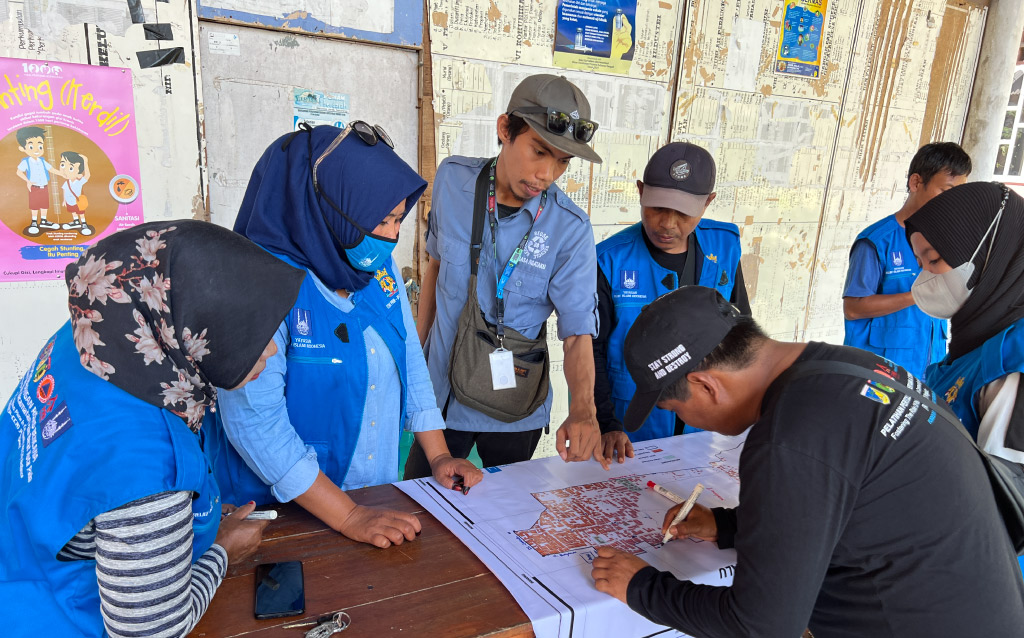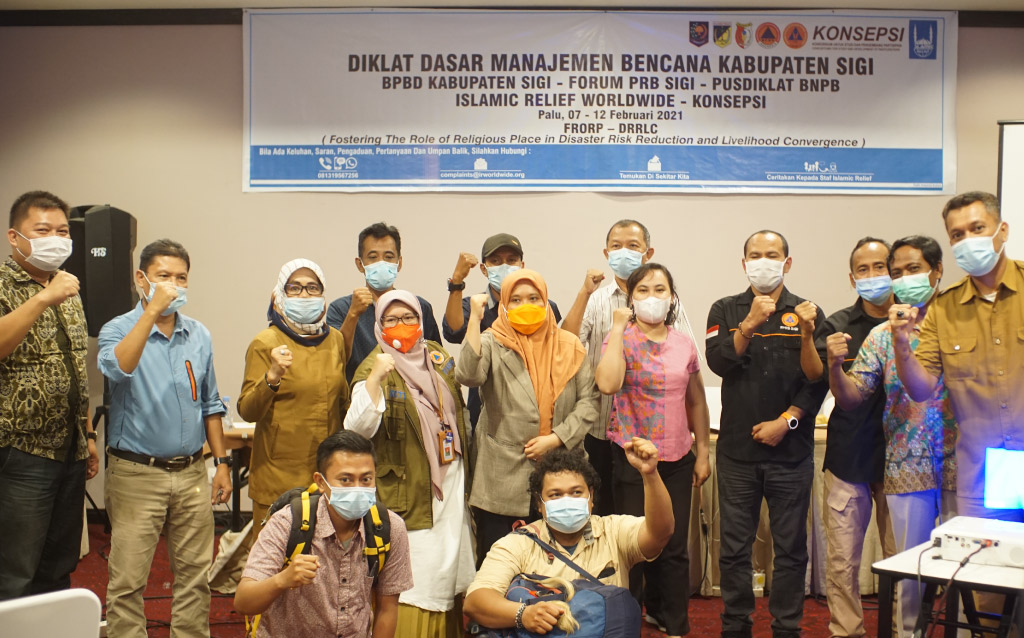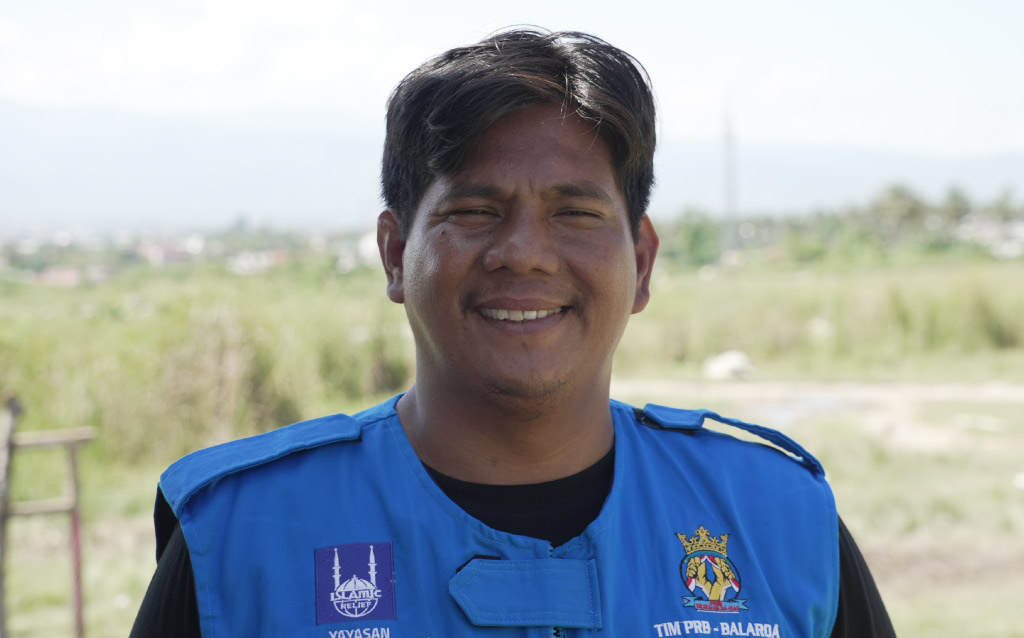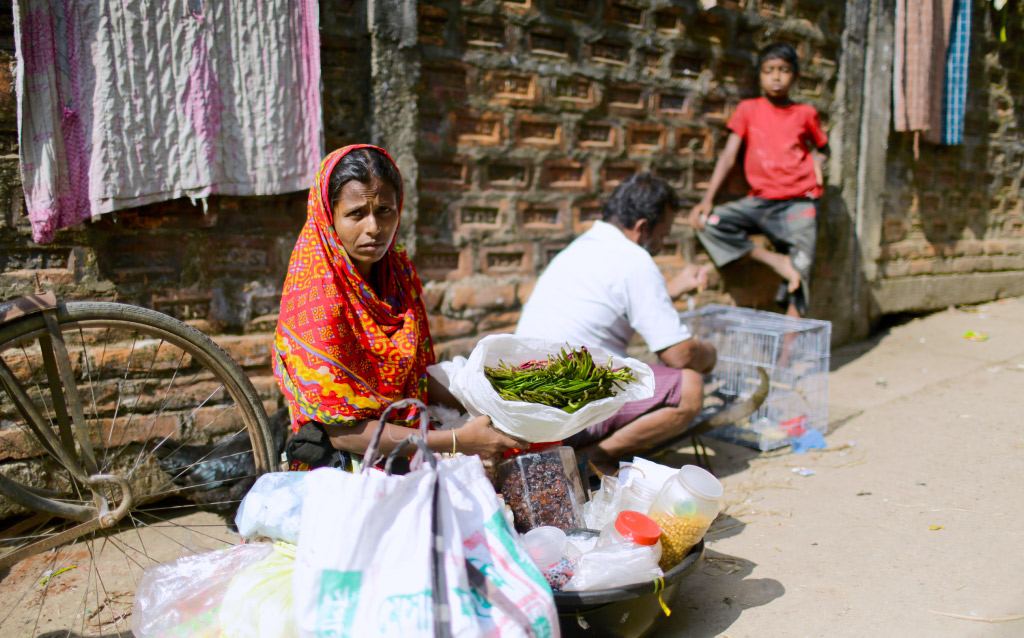While responding directly to emergencies is a key part of Islamic Relief’s work around the world, we also develop the capacity of disaster-prone countries to respond effectively to emergencies locally. In Indonesia, we have teamed up with communities and local authorities, sharing expertise to help save lives and reduce casualties when disasters strike. We have trained communities on what to do in a disaster, identified suitable evacuation sites, and ran simulations in conjunction with other non-governmental organisations and local emergency services. We have also worked with faith leaders to revitalise the role of religious sites and organisations in disaster response – including in helping communities cope with the shock and trauma disasters cause. In 2018, we launched an extensive programme in Indonesia which drew on our experience helping Muslim and Christian communities in South Africa to reduce their vulnerability to disasters.

Islamic Relief and volunteers identify suitable evacuation sites in Balaroa, Indonesia

Emergency response volunteers receive training in Sigi, Indonesia. Many have been affected by disasters and use their insights and experience to help their communities prepare and respond to crises.
Our efforts have helped ensure swifter and more effective responses to emergencies including flash floods, a fire and a hospital evacuation, as well as awareness raising and distribution activities during the Covid-19 pandemic. Local government has also secured a higher budget for disaster risk reduction.
Alarmingly, Indonesia is on the frontline of the climate emergency. Disasters and extreme weather events are becoming more frequent and intense, placing even more stress on the poorest communities. Islamic Relief is therefore helping through interventions such as planting bamboo along riverbanks to protect against flooding and establishing mangroves in coastal areas to guard against erosion.

“The programmes that [Islamic Relief has] conducted locally have already strengthened and honed our response. We know how to become a community that is resilient to disasters, including the women and children among us. As the government, we are so grateful for this because if a disaster happens, we know the community is ready and knows what to do.”
– Irmayanti Pettalolo, secretary to the mayor of Palu, Indonesia

“Disaster risk reduction activities are so essential because we experienced how challenging the 2018 earthquake was. There were many victims at that time and our communities lacked information on how to evacuate themselves. We’ve come to solve this issue by explaining the evacuation sites. It’s not only for our community: all communities in the area can access these evacuation sites.”
– Lukman, Islamic Relief volunteer, Balaroa, Indonesia



